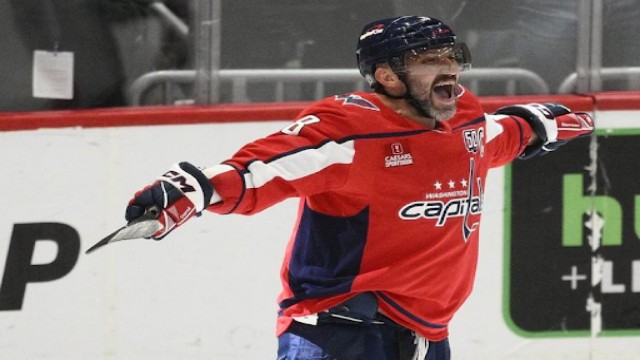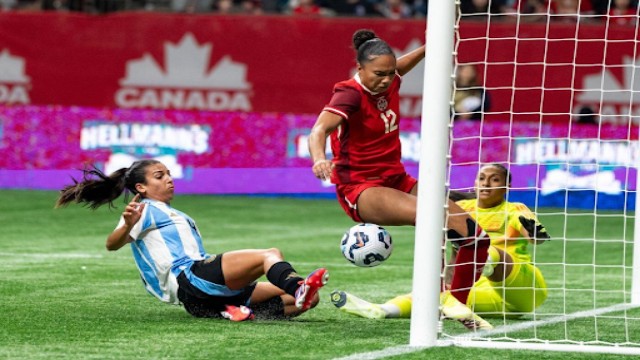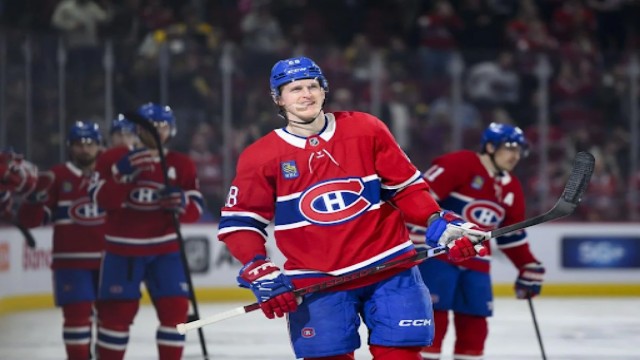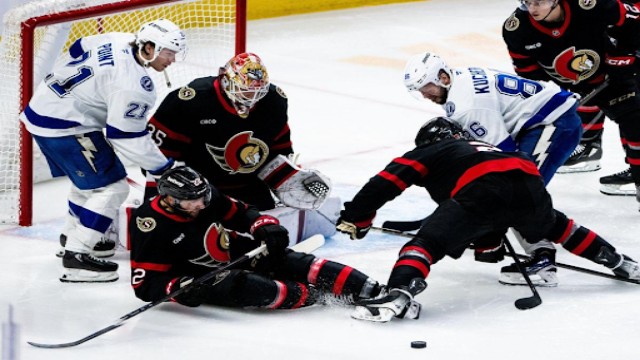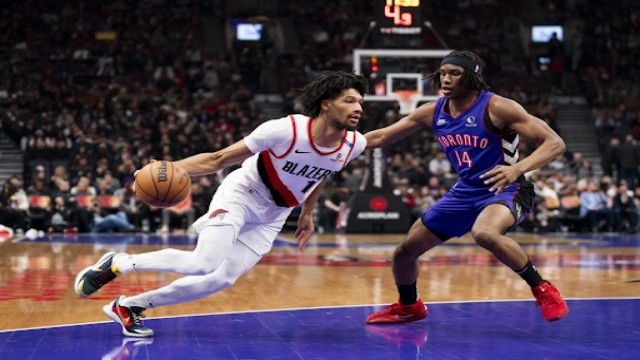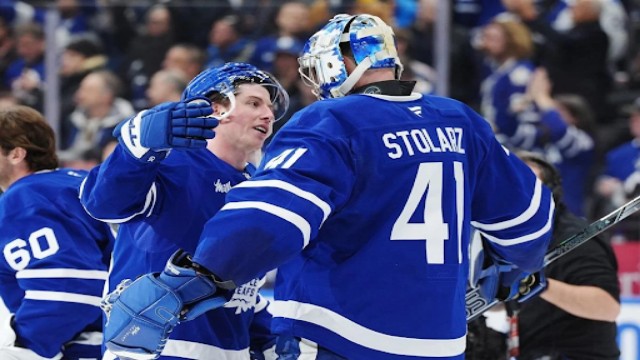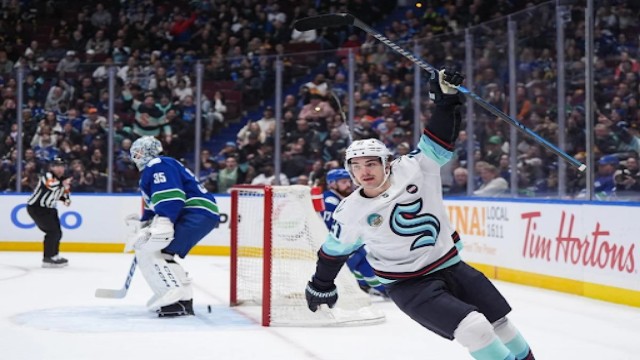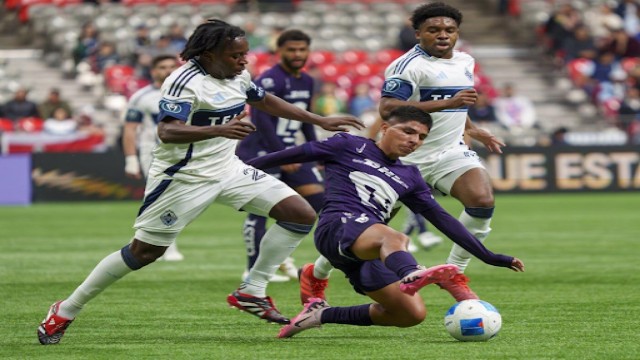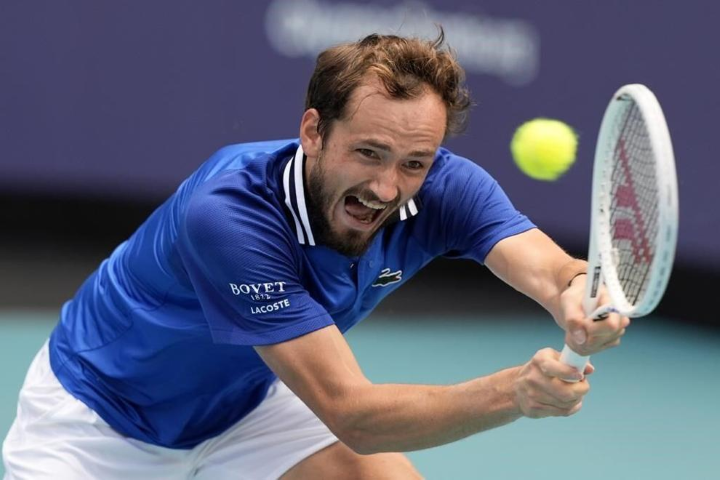
Daniil Medvedev, of Russia, hits a return to Jannik Sinner, of Italy, during a semifinal match at the Miami Open tennis tournament, Friday, March 29, 2024, in Miami Gardens,
With only 100 days remaining until the Paris Olympics, the participation of Russian athletes hangs in the balance, raising uncertainties about their presence in the global event. The focal point lies in Moscow's stance on the conditions set forth by the International Olympic Committee (IOC) following Russia's military actions in Ukraine. These conditions entail competing under a neutral status, barring the use of national symbols like flags and anthems, and prohibiting athletes with military affiliations or supportive stances toward the conflict from participating.
Anticipating a significant presence, the IOC estimates that between 36 to 54 Russian athletes could qualify for the Paris Games. However, their participation hinges on whether they agree to the terms outlined by the IOC, which would also extend to Belarusian athletes, another ally of Russia.
President Vladimir Putin's response to these conditions remains a subject of debate within Russia. While the Russian Olympic Committee (ROC) President Stanislav Pozdnyakov has criticized the IOC's criteria as arbitrary and politically motivated, Sports Minister Oleg Matytsin advocates for participation, emphasizing the importance of maintaining dialogue.
The unresolved dilemma echoes past Olympic events, where Russian athletes competed without national symbols due to doping scandals. However, Ukraine's opposition to any Russian involvement adds another layer of complexity to the situation, despite easing its stance on neutral Russian participation.
Recent statements from IOC President Thomas Bach suggest a shift in the narrative, indicating a resolution to the standoff between the involved parties. Nonetheless, the issue remains divisive, with differing opinions on the severity of sanctions imposed on violators of the Olympic Charter.
In the event of Russian participation, the delegation would likely comprise athletes from combat sports like judo and wrestling, along with prominent tennis players such as Daniil Medvedev. Yet, vigilance persists as Ukrainian activists monitor social media activities for any breaches of IOC neutrality rules.
The controversy deepened when wrestler Abdulrashid Sadulaev faced disqualification due to alleged support for the Ukraine-Russia conflict, signaling heightened scrutiny on athletes' political affiliations.
Despite ongoing deliberations, certain sports federations, including rowing, have voiced objections, highlighting perceived discriminatory conditions and opting to boycott qualifying events.
While neutral athlete applications have been extended to swimming and gymnastics, the extent of Russian participation remains uncertain. Notably, World Athletics maintains its ban on Russian and Belarusian athletes in Olympic track and field events, further complicating Russia's Olympic prospects.


